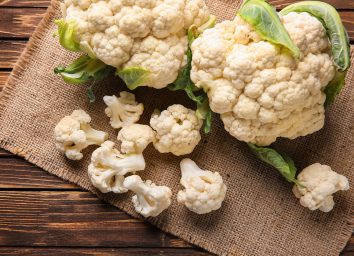The Foods to Eat to Best Avoid Catching a Cold, Say Doctors
During those months when the temperature drops, more people start to suffer from the common cold. While catching a cold is more of an annoyance than anything else, when you're living in the midst of a pandemic, you want to make sure you're staying as healthy as possible. So that means doing all you can to avoid a pesky cold. And that starts in your kitchen.
The foods you eat can play a big role, as you want to make sure your diet is filled with immune-boosting foods.
"Eating a healthy diet helps ensure that your immune system is strong enough to fight off infections," says Cedrina Calder, MD MSPH, a preventive medicine doctor in Nashville, Tennessee. "Certain nutrients play an important role in a healthy immune response."
So one food isn't just going to magically prevent you from ever getting sick again, but loading up on foods with essential nutrients will keep you on the right path, hopefully away from catching any colds.
"If you want to boost your immune system's resilience, you need to move from a stress eating diet, to an acid-kicking strength eating diet," says Dr. Daryl Gioffre, nutritionist and author of Get Off Your Acid and Get Off Your Sugar. "A strength eating lifestyle is based on adding low acid, high alkaline plant-based foods that help you gain energy, lose weight, and lower the inflammation levels in your body."
To help you out, here's a full list of the best types of nutrients and foods that best prevent you from catching a cold. While you're making healthier choices, be sure to try out any of The 7 Healthiest Foods to Eat Right Now.
Vitamin-A Packed Foods
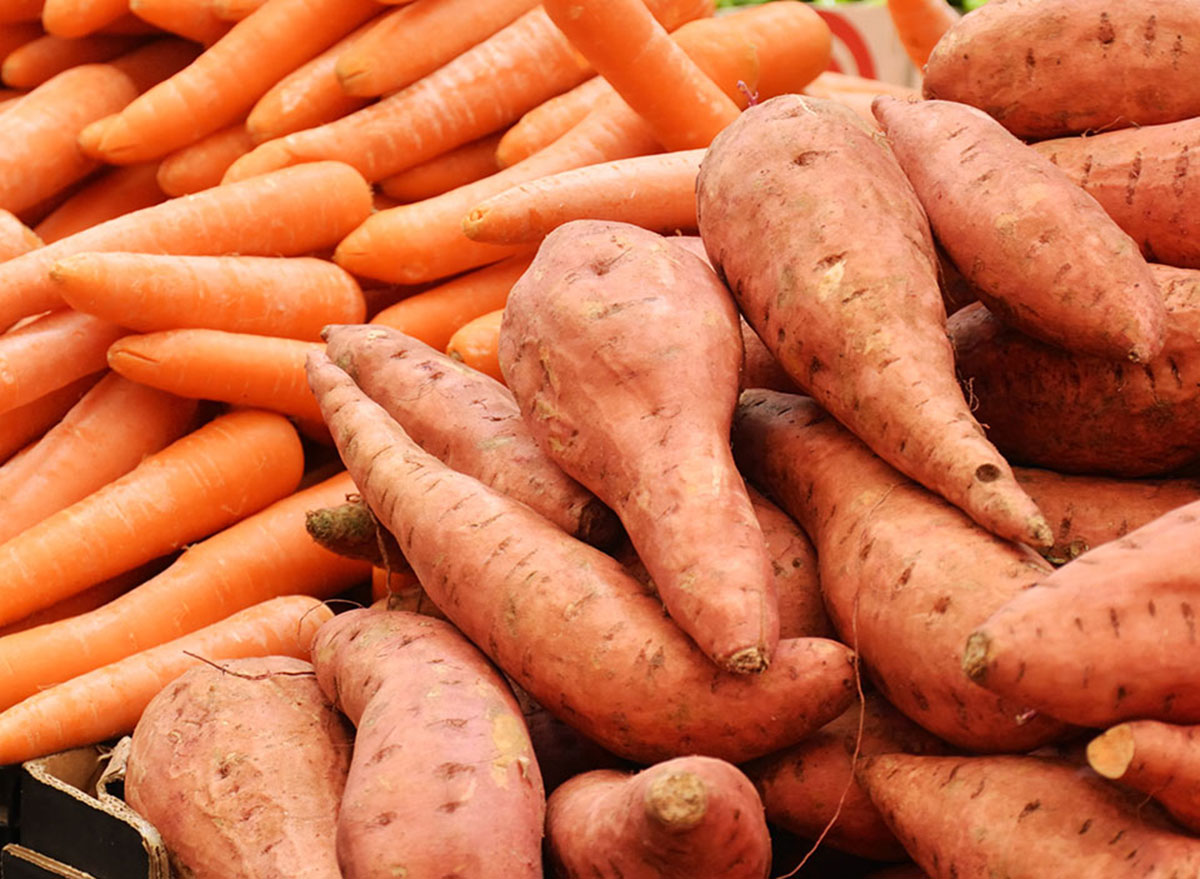
"Vitamin A plays a significant role in fighting infections," says Calder. "Great sources of vitamin A include foods with orange-colored flesh like sweet potatoes, carrots, and squash. In addition, vegetables like spinach and broccoli are also packed with vitamin A."
Broccoli Sprouts

"Sprouts are baby versions of the vegetables they grow into, and they are undeniable superfoods," says Gioffre. "Sprouts are also jam-packed with nutrients, particularly sulforaphane and isothiocyanate—two compounds that have demonstrated immune-boosting anti-cancer properties. Along with boosting immune function, broccoli sprouts are also loaded with antioxidants, such as glucoraphanin, that help your body fight off illnesses. In fact, these sprouts are the number one cancer-fighting food you can put into your body, because of their ability to boost immune function and strengthen your resilience. A general rule of thumb is that sprouts have thirty times the nutrition of the fully grown version of that vegetable."
Go ahead and pile them on top of your salad! Gioffre suggests "using them in lieu of lettuce altogether" if you're feeling adventurous.
Vitamin-C Packed Foods
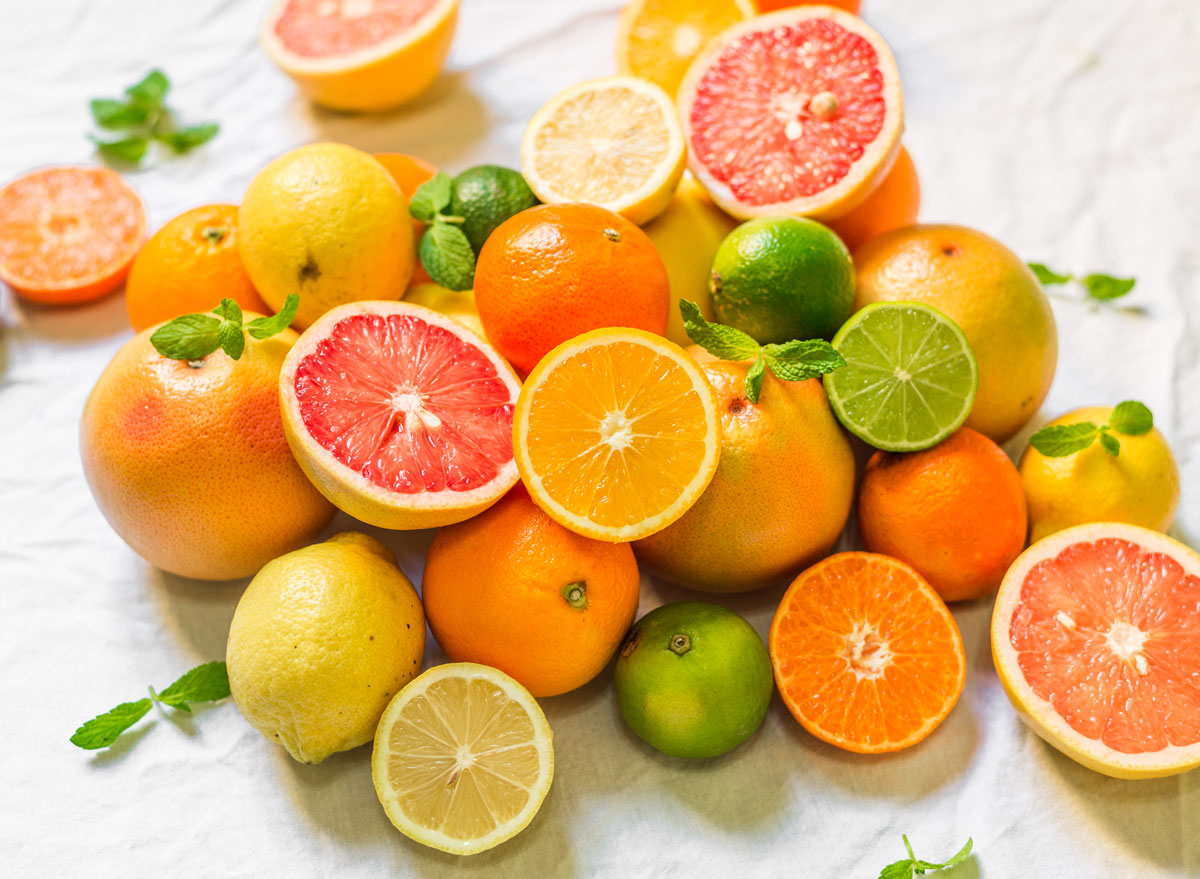
"Vitamin C serves as an antioxidant and stimulates immune cells," explains Calder. "Some of the best sources of vitamin C include bell peppers, broccoli, citrus fruits, and berries."
Watercress
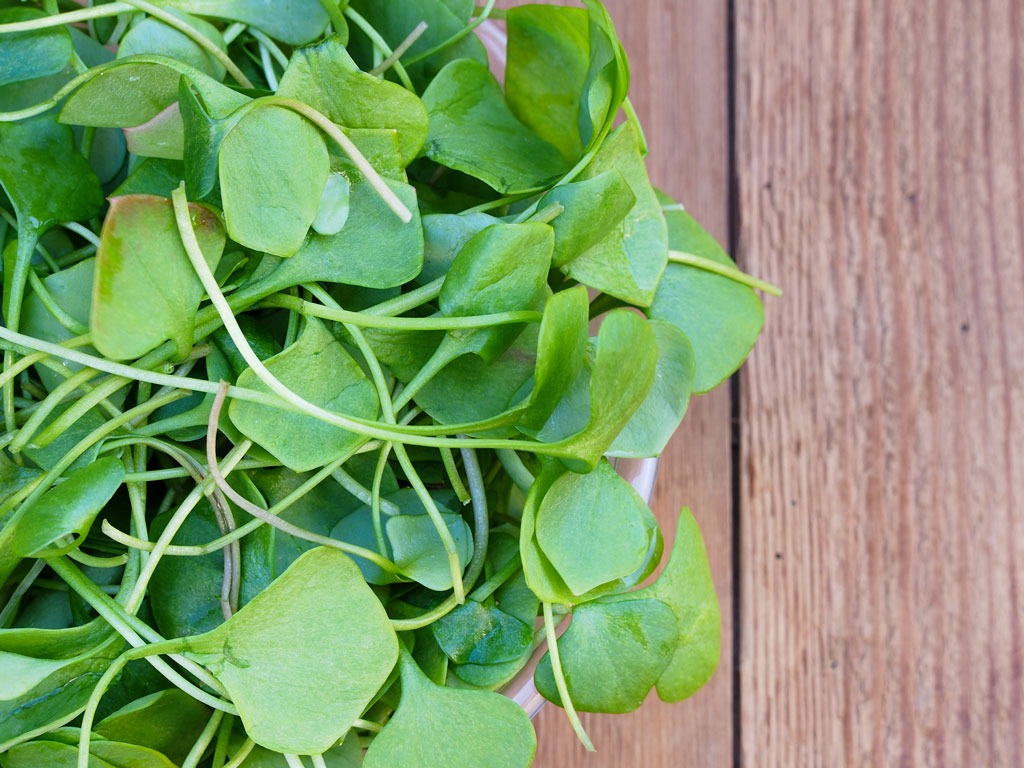
"Because watercress is an extremely low-calorie yet vitamin- and mineral-rich food, it is highly nutrient-dense. In fact, it ranks as the most nutrient-dense food on the CDC's Powerhouse Fruits and Vegetables list, in part thanks to its concentration of minerals, including magnesium, calcium, manganese, and potassium, along with vitamins A, C, and K," Gioffre explains. "Like the other cruciferous vegetables, it's rich in free radical–neutralizing antioxidants that strengthen your cells and protect your immune system."
Treat it as you would any other leafy green—toss it "in salads, sandwiches, smoothies, and sautés," Gioffre says.
Vitamin-D Packed Foods
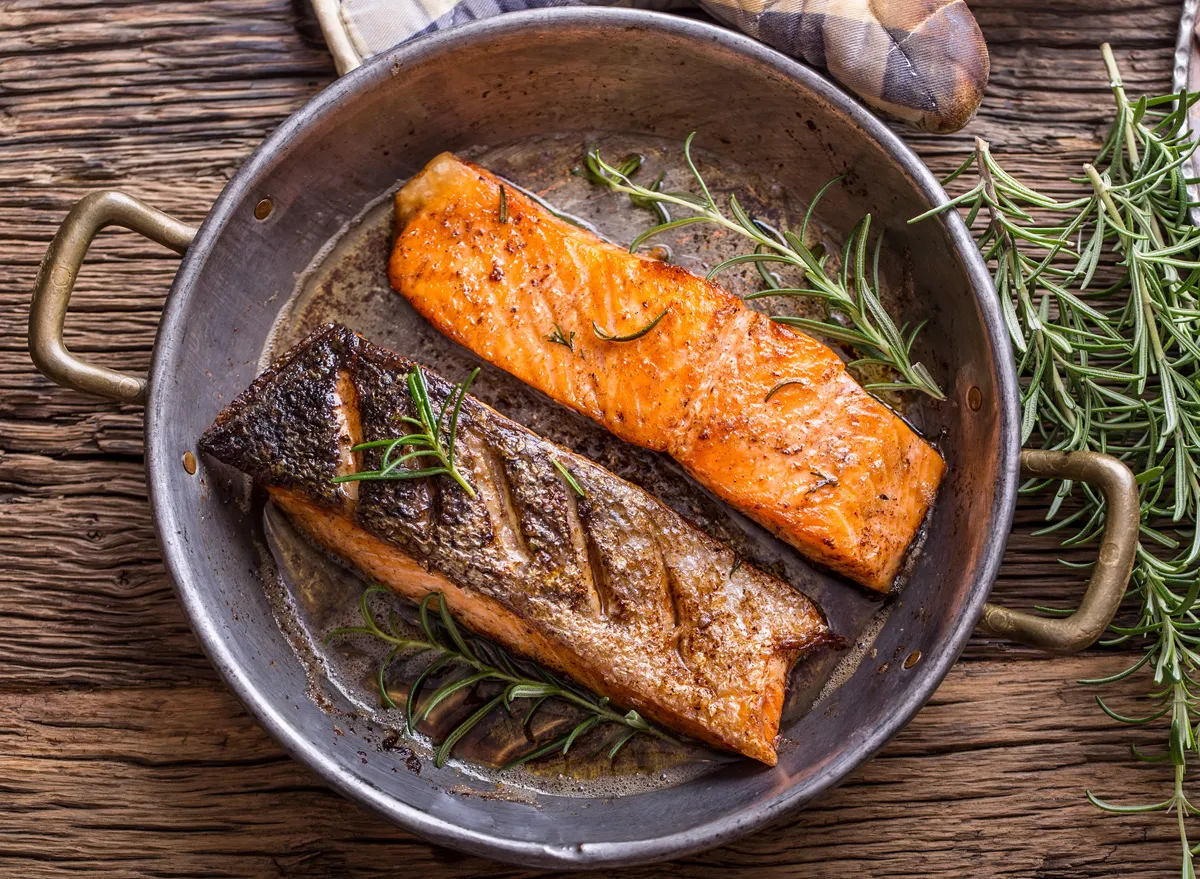
"Vitamin D serves an important role in immune function but [a] deficiency in vitamin D is very common," Calder explains. "To help meet your vitamin D needs, incorporate foods like fatty fish including salmon, tuna, and mackerel into your diet."
Looking for more helpful tips? Sign up for our newsletter to get daily recipes and food news in your inbox!
Celery
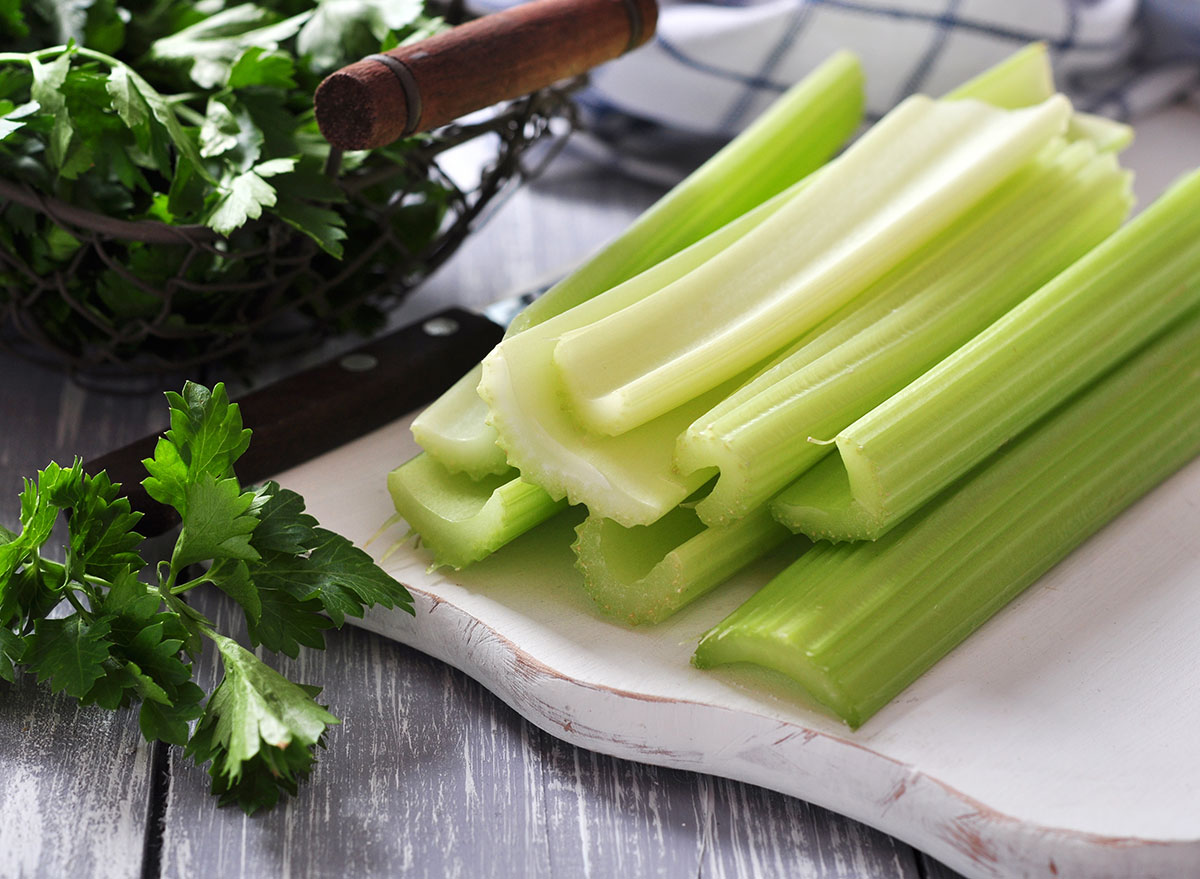
"Celery is mostly water and incredibly hydrating, yet high in soluble and insoluble fiber and mineral content," Gioffre says. "Indeed, it contains an array of minerals essential to a healthy immune system, that also help neutralize acids and toxins that make you more vulnerable. Celery also contains anti-inflammatory compounds that can help dampen that internal fire throughout the body that ultimately suppresses immune function, thus reducing risk of infection and disease."
Vitamin-E Packed Foods
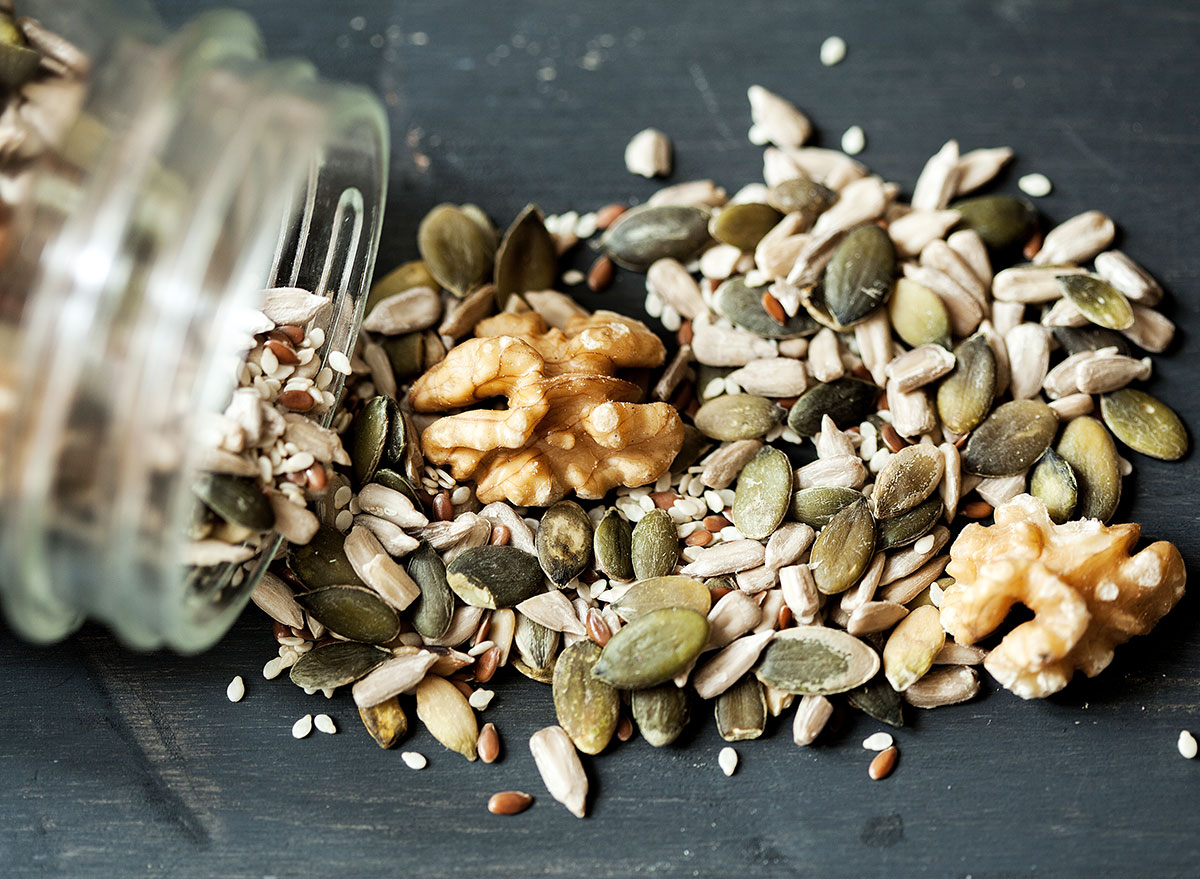
"Vitamin E is another antioxidant that helps regulate the immune system," Calder says. "Nuts, seeds, and oils like almonds, hazelnuts, sunflower oil, and sunflower seeds provide a good amount of vitamin E."
Avocado
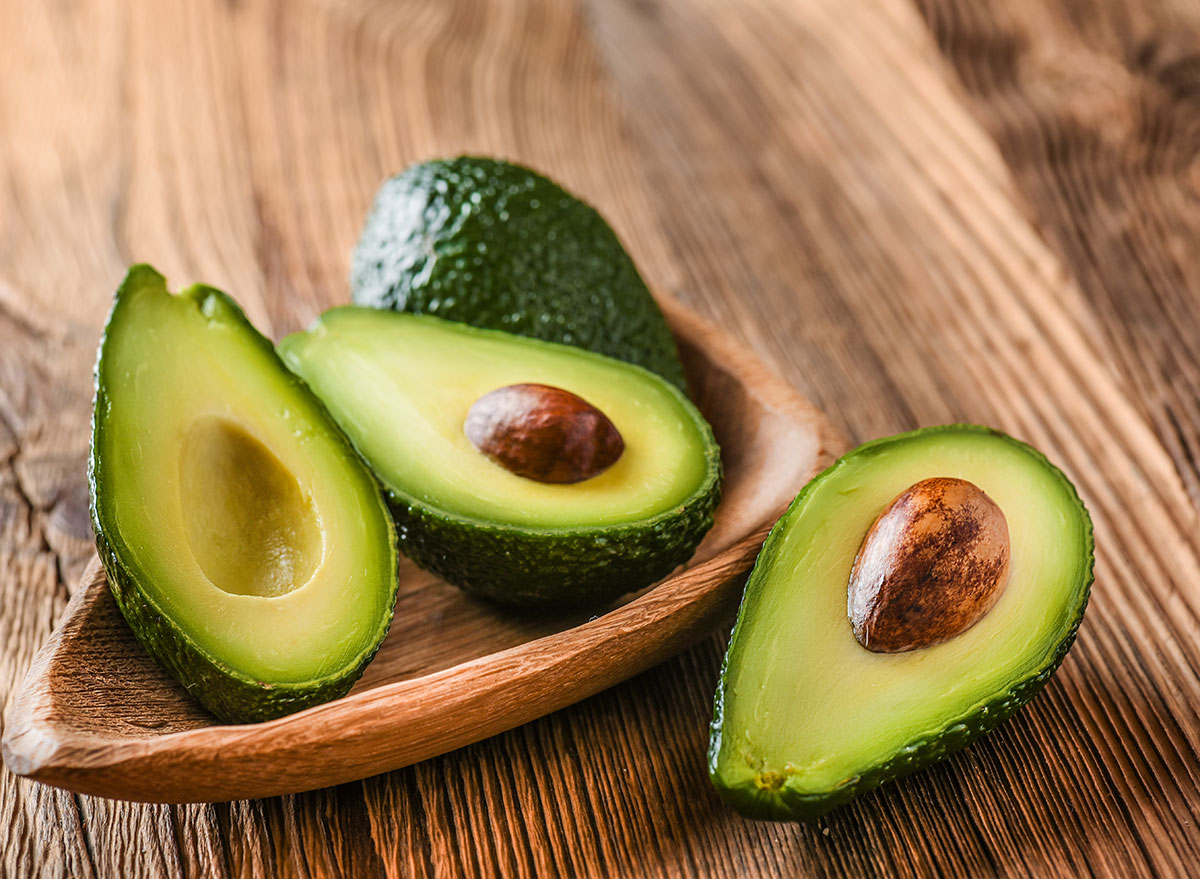
"Avocados are a good source of Glutathione—a powerful antioxidant associated with immune system health, needed for the lymphoid cells," Gioffre says. "Avocados also contain vitamins A, C, and E, which are antioxidants that strengthen your immune system. It literally is the perfect immune-boosting and protecting food."
Zinc-Packed Foods
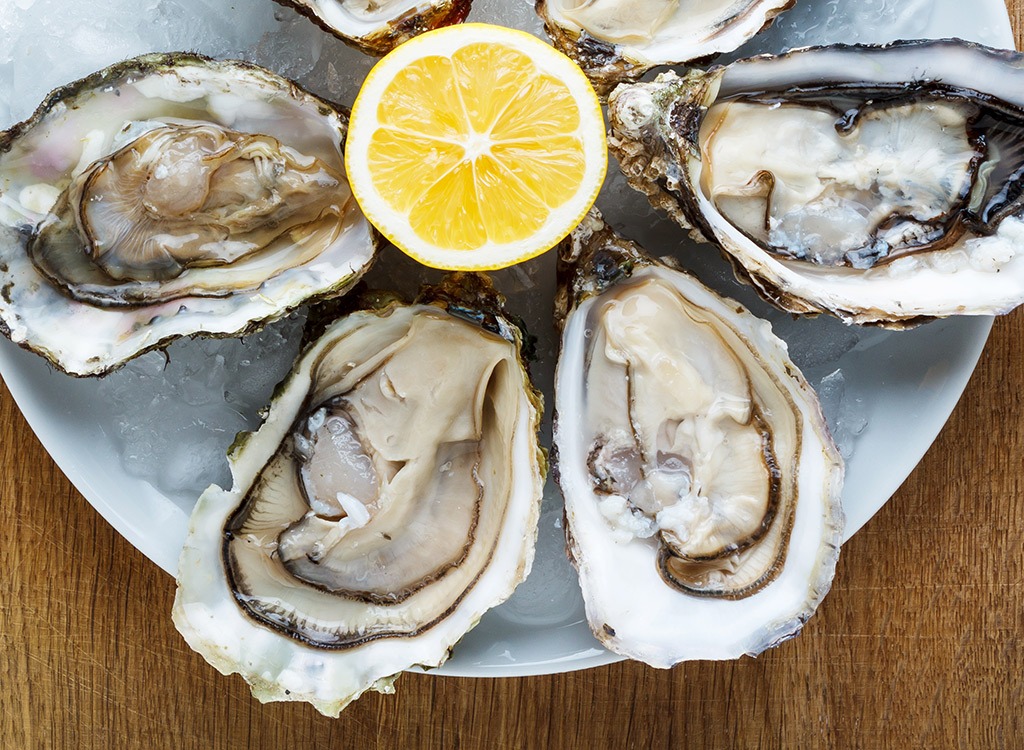
"Zinc is a mineral that is necessary for the development and function of immune cells," Calder says. "If you're a seafood lover you're in luck because oysters contain more zinc than any other food. Crab and lobster are also good sources."
Any excuse to eat more lobster, right?


